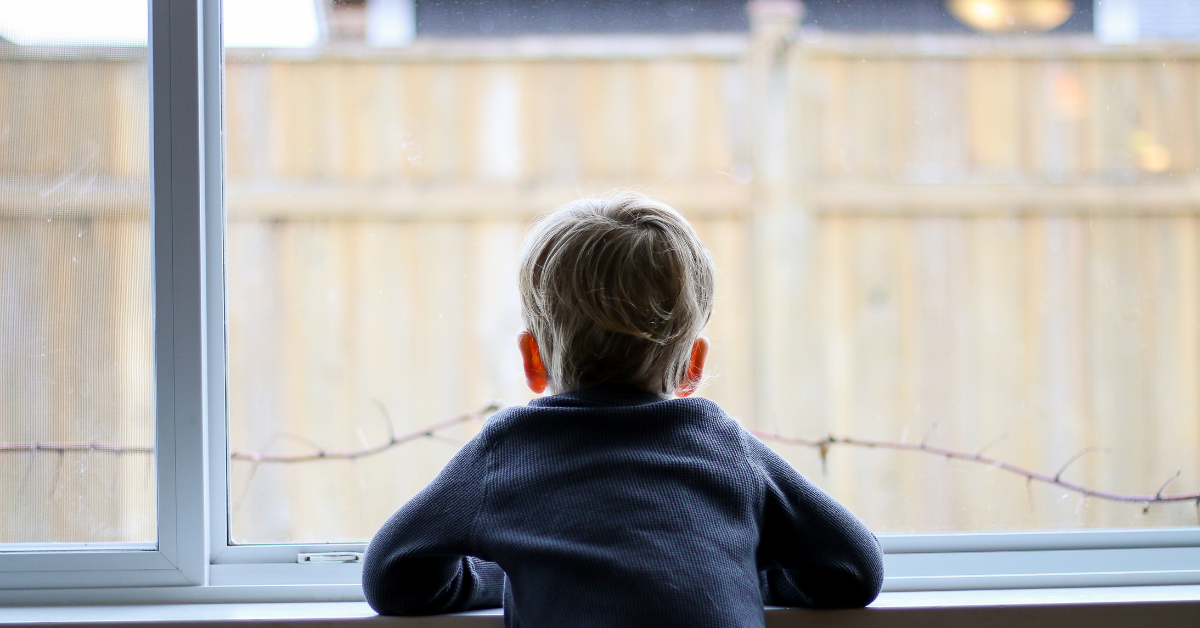Child Welfare Policy is Not the Domain of One Political Party
Originally published in the Opinion section of the Washington Post, November 30, 2022 and is available here.
The Nov. 19 Made by History essay, “Our adoption policies have harmed families and children,” attempted to rewrite history with a heavy-handed ideological bent. Instead of recognizing that the Adoption and Safe Families Act (ASFA) was a bipartisan response to children spending year after year in foster care, the author placed the blame on ASFA while dismissing the reality of abuse, neglect and child fatalities. Our child welfare system is predicated on the belief that children should have safe families — if a child cannot safely return to his or her birth family, we should not subject that child to an endless stay in foster care.
Although today’s hyper-polarized political climate can make it hard to imagine, political leaders on both sides of the aisle worked together to pass ASFA, with the best interests of children at heart. Any attempt to make adoption or child welfare issues the interest or domain of just one political group does not square with reality, past or present. Efforts to bolster a political agenda by recasting history can have serious negative consequences on children and families.
Instead of only promoting family preservation at all costs or adoption at all costs, grown-ups should be able to recognize that families and children will have different outcomes based on their situation. Most (but not all) children who enter the child welfare system are reunified with their families; some children cannot do that safely and end up staying in foster care. The bipartisan lawmakers who formed ASFA recognized children’s interests can only be met when we acknowledge that foster care is not a long-term solution and that there are some families who are not safe for a child to return to. We can first pursue family preservation or reunification. If that isn’t in a child’s interest, we should then look for an adoptive family.

